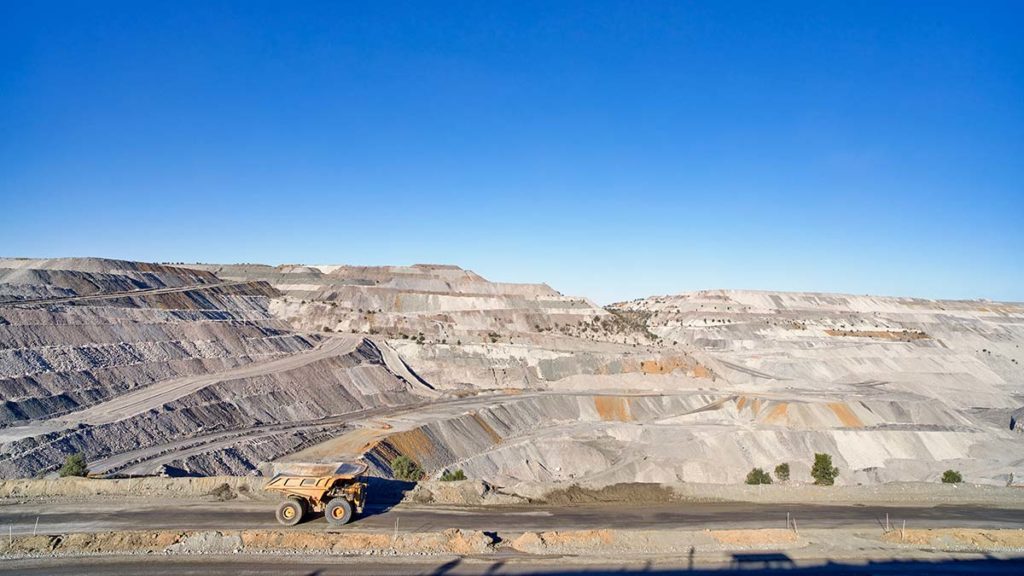With demand for commodities increasing and prices rising, governments around the world are thinking about whether they should increase the tax-take on mining. It looks likely that we will move into a period of real tension over high commodity prices and profits versus the interests of individual countries .
Many Western nations seem to be attempting to increase their infrastructure spending to degrees not seen since the end of the second world war. Green issues are dominating the Western World and populism is forcing governments into physical action rather than mouthing the green mantra. The electric revolution requires commodities such as lithium graphite and PGEs ( platinum group elements) and most of all copper. To build windfarms you need steel for which you need coking coal . Throw into the mix that central governments have been printing money, the insidious killer, inflation, is now walking the streets.
Nature did not place minerals in the easiest and most accessible parts of the world. Many of the minerals required for the new revolution are to be found in many poorer developing countries, some of which are corrupt , have Marxist governments, or are run by populist politicians who have no long-term views. Others are fledgling democracies that rightly believe their countries should benefit from the higher prices to improve living conditions – so quite naturally they want to increase royalties and taxes. The question is going to be what is fair and at what point does it become uneconomic for companies to mine.
So are we in for an era of resource nationalism? Mining companies will no doubt try to use the benefit of any Investment Treaty obligations. However, are these treaties always fair, why should a country constrict itself because it may be fettered from altering its own fiscal regime?

